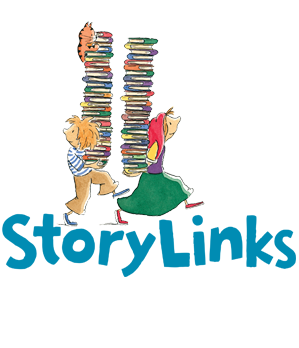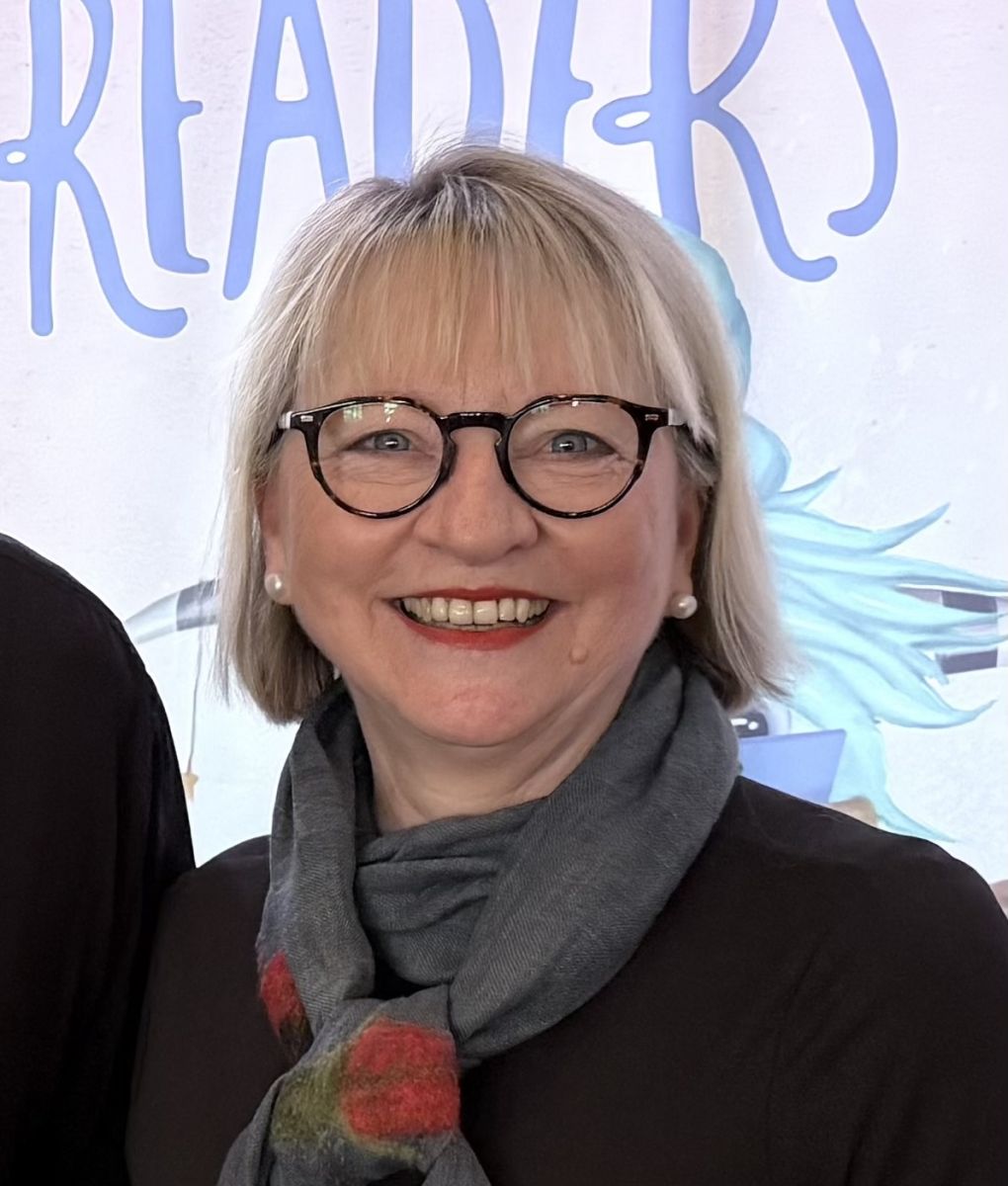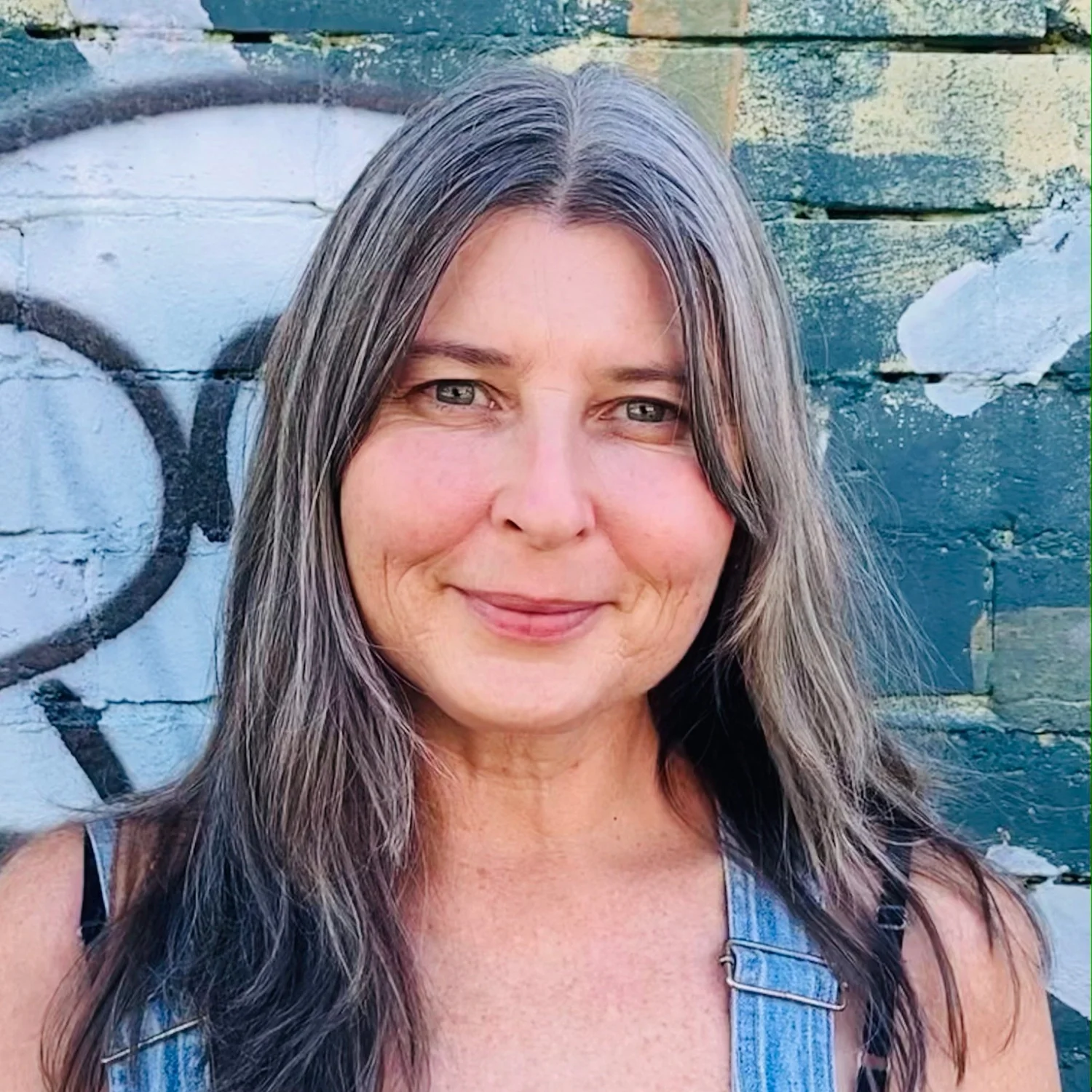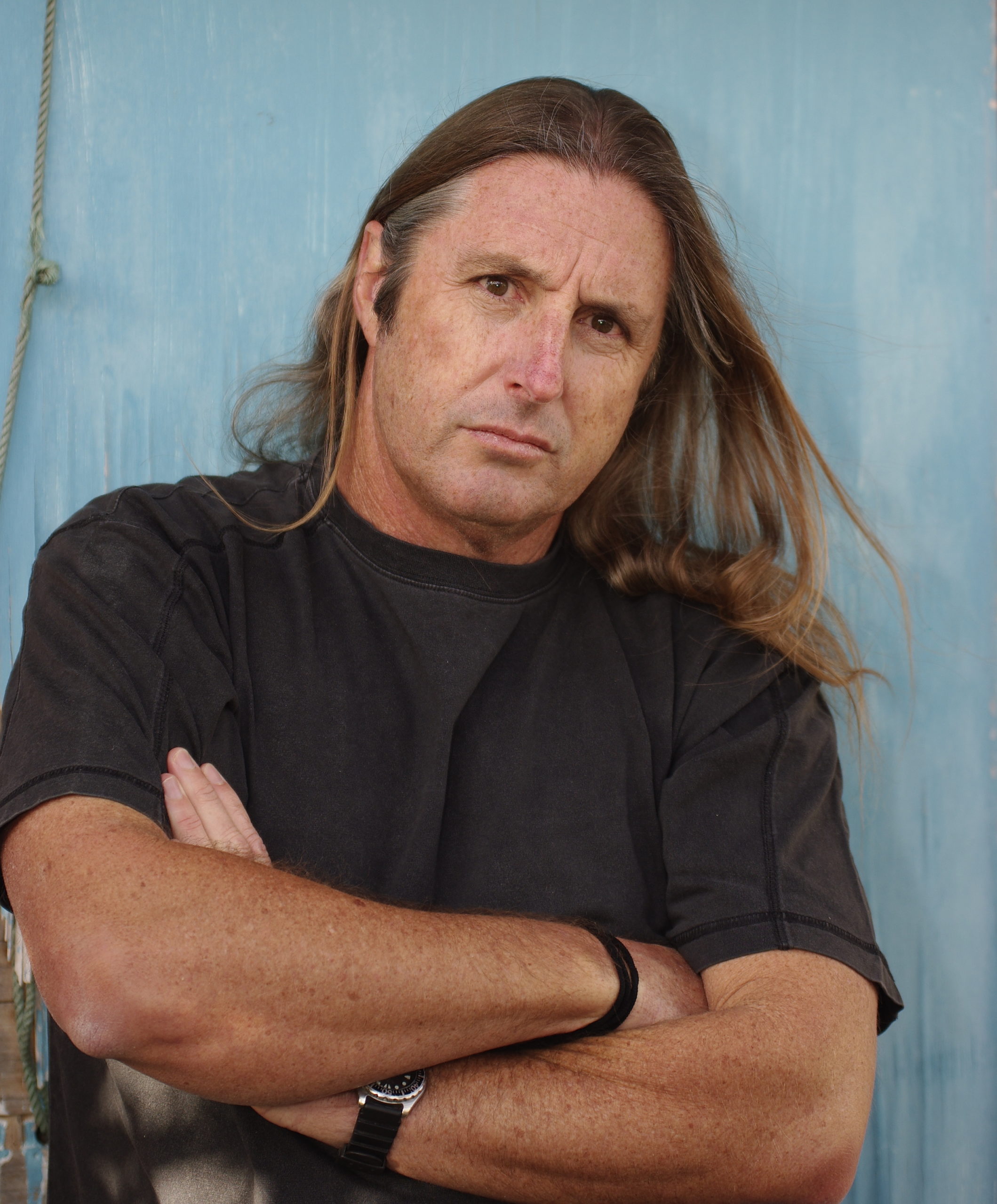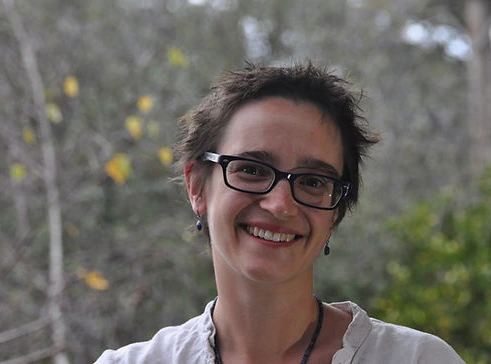
Meet the Author: Zana Fraillon
By Mia Macrossan
 Zana Fraillon, award winner writer of The Bone Sparrow, The Lost Soul Atlas, The Ones That Disappeared, Etta and the Octopus, The Gargoyle, The Curiosities and more and has broken new ground again with a powerful and emotive verse novel about an octopus desperate to escape from its tank and return to the sea.
Zana Fraillon, award winner writer of The Bone Sparrow, The Lost Soul Atlas, The Ones That Disappeared, Etta and the Octopus, The Gargoyle, The Curiosities and more and has broken new ground again with a powerful and emotive verse novel about an octopus desperate to escape from its tank and return to the sea.
I first came across Zana’s poetry when I read The Way of Dog, which is outstanding for its engaging and emotional story and its visceral muscular poetry, crackling with energy, zooming all over the pages. In her latest verse novel, Song of a Thousand Seas, the poetry is different, reflective, filled with longing but still packing a powerful punch.
Thank you, Zana, for talking with StoryLinks
Verse novels are becoming popular with young readers in that they provide an accessible reading experience, there is a lot of white space, not as much text. Why do you write verse novels? Are they more difficult to write?
I LOVE writing verse novels! Those beautiful, liminal, shape shifting beasts! All genres and types of writing come with their own difficulties – with verse novels it is making the verses go in the direction of the plot. Verse, more so than prose (for me at any rate), does not like to go according to plan. With verse there is more to consider than the meaning of the words – there is the rhythm of the words, the beat and flow, and this operates at the individual word level but also at the sentence level and the verse level and the plot level and the rhythm across the whole work as well. And because verse novels are crying out to be read aloud, there is also the feel of the words on your tongue, the weight of them in the mouth, and the musicality and the sound of them when spoken. I think all of this is relevant for prose writing too, but because of the condensed form of a verse, it is more vital to get this right at each individual word level – much like when crafting a picture book. But this challenge is what I love about writing them.
I love the playfulness of the form, too. The way the layout and words themselves can be twisted to give an extra layer of meaning – to reinforce or deny what the actual words themselves are saying; or to direct the reader in how to read a piece, like a play or a piece of music.
And yes, the white space makes the text more accessible, but it is also used to create meaning, to allow a pause, raise tensions, give the reader time to imagine and form connections that a prose novel doesn’t often allow. Much like the way imagery is used in graphic novels – each verse surrounded by that white space gives the reader a single, sometimes static image or snapshot of a moment in time, and allows the reader to create meaning and build connections intuitively, ones that extend beyond what is written on the page. It makes for a much more collaborative reading experience between the reader and writer.
Gosh, I could talk about verse novels ALL. DAY.
You said you dreamt you were an octopus and that experience was the inspiration for this book. Can you tell us a bit more about that?
It was an amazing dream! Usually, my dreams are from a POV of a spectator, but for this one I was looking out from octopus eyes and feeling with octopus arms and the light filtering in from the sky above through the water was just so beautiful. I was awestruck. And that feeling lasted into the next morning when I woke up. I sent a message to my publisher that morning to let her know what I thought our next book should be. Then of course came the months of research because I knew nothing about octopuses! But with each fact I learned, I fell deeper in love with these amazing creatures.
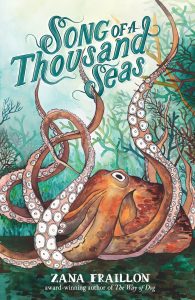 Reading the story of Houdini is experiencing a creature out of its home environment. While the basic necessities are catered for what makes life worth living is absent. This is an emotional topic for young readers to appreciate. How do want your readers to respond to Houdini’s story?
Reading the story of Houdini is experiencing a creature out of its home environment. While the basic necessities are catered for what makes life worth living is absent. This is an emotional topic for young readers to appreciate. How do want your readers to respond to Houdini’s story?
It is a really tough question, and one that I know aquarium keepers struggle with also. For lots of aquarium animals, scientists don’t think the animals know they are in captivity. But scientists do know that octopuses are very aware of their enclosures. And yet we also know the incredible amount of good that aquariums do. When people visit an aquarium, they create a connection with the undersea world and the creatures that live in it. This makes people far more likely to make ethical choices and to help look after their environment. One thing that a lot of aquariums are doing now in response to this, is releasing their resident octopuses after 6 months. I don’t have the answers – although I do think that given the incredible intelligence of octopuses, we could explore solutions like the one that Juno comes up with in the story. My secret hope is that someone in the aquarium world reads the book and decides to make Juno’s tank – can you imagine!
I guess what I would love for readers to take from this, is that there are always hard choices to make, but sometimes it just needs people approaching the problem from a different angle to find a solution that might just work.
You obviously did a lot of research for Houdini’s story, which you so cleverly incorporate in the book. What did you enjoy most, the research or the writing?
Honestly, I enjoy them both. They use very different parts of my brain, and often I will switch between the two. So if the words aren’t coming, I will go and watch an octopus documentary, and when I can no longer take in any facts and figures I will just let the words swim over me until a phrase pops out. The hardest part is actually figuring out how to get all that research into the book without the reader noticing. Often when I research and am excited about all my newfound knowledge I try and put too much in there and then it just becomes a text book – so pulling that back to allow the facts to just murmur beneath the story is often tricky.
One of the major themes of Song of a Thousand Seas is the ever-changing relationships between humans and animals. Have you ever eaten octopus and would you do so now? Do you have any pet animals?
I have eaten octopus before, but I will not now. It would be difficult for me to eat an animal I have bonded with – I don’t think I could enjoy the meal apart from anything else. I am not vegetarian but I only eat animals that are free range, and I don’t eat a lot of meat. I still struggle with this choice though!
And yes, we have always had dogs as pets. We are sadly down to one dog at the moment, but I’m sure that will change in the near future if my recent search history of Pet Rescue sites is anything to go by…
What do you hope people will take away after reading Song of a Thousand Seas?
I would love to give readers a sense of being inside the minds of an octopus – to get them as close to that dream I had as possible. I would also love people to start paying attention to the more-than-human world – to realise that we humans are only a small thread in this gorgeous web that is the world. I would be delighted if this book was a step on the path to a reader pausing to wonder what an octopus might be sensing, or a starfish, or a tree. To explore – if only for a moment – the ways the more-than-human world is communicating with us, and allow themselves to communicate back.
Finally, what was your favourite book as a child, what are you reading now, and what is the next thing we can expect from you?
I had so many favourites as a kid! I loved the Homecoming series by Cynthia Voigt; Ramona by Beverley Cleary; Pippi Longstocking by Astrid Lindgren; Winnie the Pooh by A. A. Milne – and most of all I loved folk and fairy tale books. I still do – and in fact my shelves continue to fill with newly found retellings. I have also just finished reading Hotel World by Ali Smith and it has well and truly cemented itself in my list of all-time favourites.
Next from me are a couple of picture books that I am very excited by – I love the collaboration that goes into producing a picture book and can’t wait to see how these two grow. I am also working on turning my PhD into a novel of sorts – although it would be for an adult audience. And I am secretly exploring the idea of a book of found and visual poetry – but considering I haven’t even run this past my publishers yet, it is probably a way off!
Zana’s website is a treasure trove for writers and readers alike. I highly recommend a visit. She describes in detail how and when she writes, gives tips for coping with writer’s block and advice for new writers. and reveals where she likes to write. For readers galvanised into action by reading one of her thought-provoking books she lists websites where to find out more information about the topics raised, and ones that show how individuals can help with global problems.
Thank you, Zana, for all you do and for all your wonderful books.

